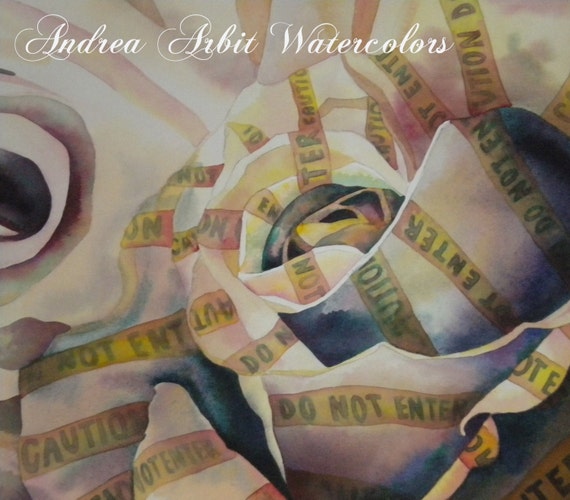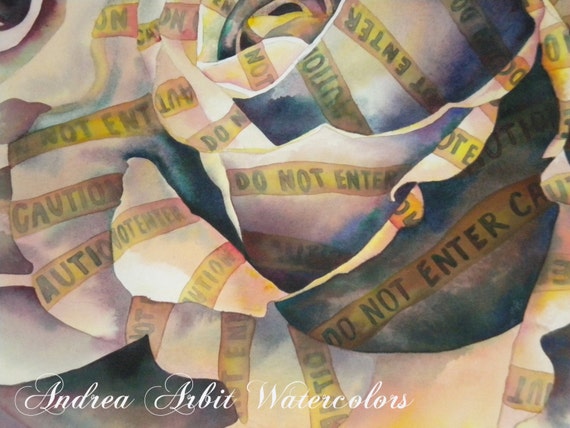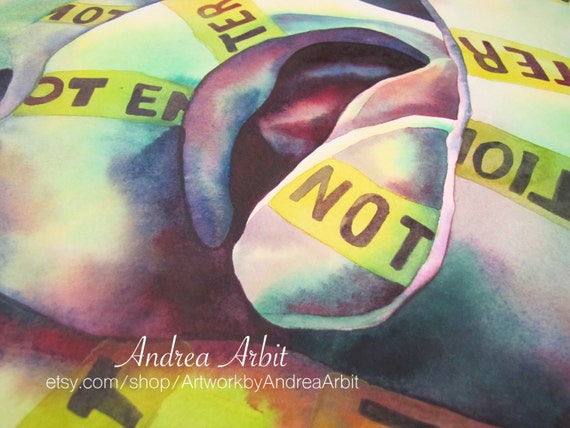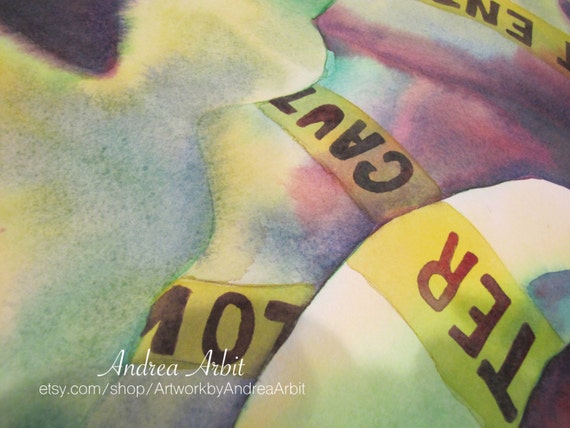At the end of 2016, I had the idea to write some compliments about myself. It came from a desire to make sure to capture my self-esteem (while I had some) and find a way to preserve it, in case I needed reminding in the future of my worth and what I am capable of. I started writing some positive adjectives about myself, as I thought of them. Then, I consulted lists of positive adjectives online and added to my list, finding more adjectives that I thought fit me. (A lot of these were variations of the same idea, or even synonyms of each other. But I wrote them down anyway, just so the list looked lengthy and very impressive.)
I thought it would be good to start 2017 off on the right foot and make sure I reminded myself on a consistent basis what some of those adjectives were. I divided up my "compliments" into 52 groups, one for each week of the year, and then I set up emails to myself through the website FutureMe.org, which lets you schedule emails to be sent to yourself at a later date, sending one email to my inbox every Monday.
In the future, I don't think I would do it this way again. Often, the email arrives in the middle of a bunch of spam emails and I barely pay attention to it. Even when I do pay attention and take the time to really read it and absorb the words, I find that it has little impact on a day when I already feel confident. Instead of scheduling them in advance, then, I think a better idea would have been to print them out and cut them up and put them in a jar or something. Then, when a time came when I needed to hear some encouragement, I could reach in there and find one to read.
In general, though, I do think it's a good exercise to do, and I would recommend it to anyone who struggles with self-esteem, even if only on an occasional basis. Take the time on a day when you're feeling good, and write compliments to yourself. This works on two levels. First, it's always nice to hear good things about yourself and be reminded of times you had success in the past, things you're proud of, positive qualities intrinsic to your personality, etc. Second, seeing words that you yourself wrote in the past will remind you that you once believed in the words you wrote (and therefore can believe in them again). I know my first reaction when I hear a compliment is to be embarrassed, or to brush it off as just "somebody being nice" and not "somebody actually telling the truth." But that reaction doesn't happen when they're compliments to me, written by me, that get sent to my email by me, and aren't seen by anyone else but me. There's no one else around, so I don't have to feel embarrassed, or worry that if I show too much gratitude for the compliment I'll somehow be less deserving of it (because I guess my subconscious thinks that only humble people deserve love?). Furthermore, because I picked out these adjectives and wrote these compliments to myself, I have to believe them and take them seriously, because I already have believed them and taken them seriously in the past. It sounds confusing, I know. But somehow, it just works.
It does feel a little silly, writing what are essentially love letters to yourself. But they really are helpful, especially if you're someone who always focuses on the negative, ruminating and beating yourself up over every failure or mistake you've made, but neglecting to take the time to acknowledge successes and challenges you've overcome. It's like you're retraining your brain to focus on good things, too, by purposefully doing just that.
Here are some samples of these compliment letters I've written to myself, in case you want to use these as a jumping-off point to show yourself some self-love as well:
As you can see, a lot of them get a little repetitive. The point is not to make every note completely different - just to find different ways of telling yourself the same things over and over again, until they start to stick and you see them for yourself.
I followed the same basic pattern every time. By starting with "don't forget" I reminded myself that what followed was going to be something I had at one point believed; if I hadn't thought these things about myself lately, it was just because I'd forgotten, not because they were no longer true. I then continued with a string of adjectives, pulled from the list of adjectives I'd created for myself. (I alphabetized the list, so when I copy-pasted three or four adjectives from my list, they were already in fun, alliterative phrases!)
Then, I included an affirmation, from lists I found online. Things like "You are capable of moving beyond your mistakes" or "You are a better person for the hardships you've endured" or "You feel good about being alive and being you." I often find it hard to think of these kinds of affirmations in "I" statements (as in, "I am capable of moving beyond my mistakes" or "I am a better person" or "I feel good about being alive and being me"), because they feel more false that way. I start to second-guess them: "But I don't feel capable today, right now! This is all just a lie!" For me, using "I" opens up chances for me to search for holes to poke through them; whereas, if I word it with a "you" instead, and pretend that I'm talking to myself and telling myself these things, I'm more likely to accept them. Of course those sentiments aren't always true; but they are always possible, and that's the point. Even if you don't feel capable right now, you still are capable, because you've been capable in the past and will be again in the future. By using "you," I find it easier to accept it as a statement that could be true, and that therefore is true - instead of using "I" and wondering if it is true, and therefore concluding that maybe it can't be. (But all that is really just personally preference.)
Finally, I close with "You are a good person and you have value," because this is the conclusion I want to reach every time. I'm a good person because I try to be a good person. I'm a good person because of all the positive qualities I have, and the effort I put in to working on myself. I have value, because I am a person. I deserve the good things that happen to me, or the things that work out in my favor, because every person does. I am allowed to acknowledge and bask in successes I've achieved; I am allowed to be happy.
I thought it would be good to start 2017 off on the right foot and make sure I reminded myself on a consistent basis what some of those adjectives were. I divided up my "compliments" into 52 groups, one for each week of the year, and then I set up emails to myself through the website FutureMe.org, which lets you schedule emails to be sent to yourself at a later date, sending one email to my inbox every Monday.
In the future, I don't think I would do it this way again. Often, the email arrives in the middle of a bunch of spam emails and I barely pay attention to it. Even when I do pay attention and take the time to really read it and absorb the words, I find that it has little impact on a day when I already feel confident. Instead of scheduling them in advance, then, I think a better idea would have been to print them out and cut them up and put them in a jar or something. Then, when a time came when I needed to hear some encouragement, I could reach in there and find one to read.
In general, though, I do think it's a good exercise to do, and I would recommend it to anyone who struggles with self-esteem, even if only on an occasional basis. Take the time on a day when you're feeling good, and write compliments to yourself. This works on two levels. First, it's always nice to hear good things about yourself and be reminded of times you had success in the past, things you're proud of, positive qualities intrinsic to your personality, etc. Second, seeing words that you yourself wrote in the past will remind you that you once believed in the words you wrote (and therefore can believe in them again). I know my first reaction when I hear a compliment is to be embarrassed, or to brush it off as just "somebody being nice" and not "somebody actually telling the truth." But that reaction doesn't happen when they're compliments to me, written by me, that get sent to my email by me, and aren't seen by anyone else but me. There's no one else around, so I don't have to feel embarrassed, or worry that if I show too much gratitude for the compliment I'll somehow be less deserving of it (because I guess my subconscious thinks that only humble people deserve love?). Furthermore, because I picked out these adjectives and wrote these compliments to myself, I have to believe them and take them seriously, because I already have believed them and taken them seriously in the past. It sounds confusing, I know. But somehow, it just works.
It does feel a little silly, writing what are essentially love letters to yourself. But they really are helpful, especially if you're someone who always focuses on the negative, ruminating and beating yourself up over every failure or mistake you've made, but neglecting to take the time to acknowledge successes and challenges you've overcome. It's like you're retraining your brain to focus on good things, too, by purposefully doing just that.
Here are some samples of these compliment letters I've written to myself, in case you want to use these as a jumping-off point to show yourself some self-love as well:
Don't forget, you are calm, calming, and capable! You are welcoming, worthwhile, and worthy. You are self-reliant, creative, and persistent in whatever you do. You are a good person, and you have value.
Don't forget, you are considerate and consistent! You always do the best you can at the time with what you know. Your confidence, self-esteem, and inner wisdom are increasing with each day. You are a good person, and you have value.
Don't forget, you are wanted, warm-hearted, and warranted! You are thankful, thorough, and thoughtful. You play a big role in your own career success. You are a good person, and you have value.
Don't forget, you are deserving, determined, and devoted! You are scholarly, self-disciplined, and self-governing. You draw from your inner strength. You are a good person, and you have value.
Don't forget, you are artistic, awake, and authentic! You are selfless (to a fault) but working towards self-empowerment. You are self-expressive. You are unique; you feel good about being alive and being you. You are a good person, and you have value.
Don't forget, you are grateful and grounded! You are prolific, and you are progressive. You matter and what you have to offer this world also matters. You are a good person, and you have value.
Don't forget, you are merciful, mindful, and multi-dimensional! You are a better person for the hardships you have gone through with your family and friends. You are a good person, and you have value.
Don't forget, you are compassionate and composed! You are necessary and needed. You choose friends who approve of you and love you; you actively work at bettering your life. You are a good person, and you have value.
Don't forget, you are nurturing, nourishing, and nourished! You are affectionate and accomplished. You let go of worries that drain your energy, and channel them into creative endeavors. You are a good person, and you have value.
Don't forget, you are illustrious, improving, and incomparable! You are hopeful and helpful. You are self-reflective and capable of recognizing and moving beyond your mistakes. You are a good person, and you have value.
Don't forget, you are patient, peaceful, and perceptive! You are knowledgable and kind. You make smart, calculated plans for your future. You are a good person, and you have value.
Don't forget, you are ambitious and articulate! By allowing yourself to be happy, you inspire others to be happy as well. You are a sunshine-spreader! You are a good person, and you have value.
Don't forget, you are disciplined, driven, and durable! You are learned, but always willing to learn more. You are capable of loving all of who you are. You are a good person, and you have value.
As you can see, a lot of them get a little repetitive. The point is not to make every note completely different - just to find different ways of telling yourself the same things over and over again, until they start to stick and you see them for yourself.
I followed the same basic pattern every time. By starting with "don't forget" I reminded myself that what followed was going to be something I had at one point believed; if I hadn't thought these things about myself lately, it was just because I'd forgotten, not because they were no longer true. I then continued with a string of adjectives, pulled from the list of adjectives I'd created for myself. (I alphabetized the list, so when I copy-pasted three or four adjectives from my list, they were already in fun, alliterative phrases!)
Then, I included an affirmation, from lists I found online. Things like "You are capable of moving beyond your mistakes" or "You are a better person for the hardships you've endured" or "You feel good about being alive and being you." I often find it hard to think of these kinds of affirmations in "I" statements (as in, "I am capable of moving beyond my mistakes" or "I am a better person" or "I feel good about being alive and being me"), because they feel more false that way. I start to second-guess them: "But I don't feel capable today, right now! This is all just a lie!" For me, using "I" opens up chances for me to search for holes to poke through them; whereas, if I word it with a "you" instead, and pretend that I'm talking to myself and telling myself these things, I'm more likely to accept them. Of course those sentiments aren't always true; but they are always possible, and that's the point. Even if you don't feel capable right now, you still are capable, because you've been capable in the past and will be again in the future. By using "you," I find it easier to accept it as a statement that could be true, and that therefore is true - instead of using "I" and wondering if it is true, and therefore concluding that maybe it can't be. (But all that is really just personally preference.)
Finally, I close with "You are a good person and you have value," because this is the conclusion I want to reach every time. I'm a good person because I try to be a good person. I'm a good person because of all the positive qualities I have, and the effort I put in to working on myself. I have value, because I am a person. I deserve the good things that happen to me, or the things that work out in my favor, because every person does. I am allowed to acknowledge and bask in successes I've achieved; I am allowed to be happy.










